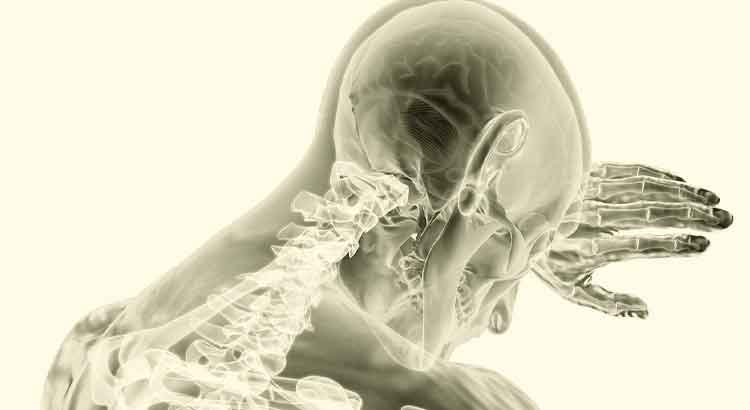A psychology that submits the unconscious—and consequently the personality—to exclusively external stimuli may even be effective and applicable to the common man, but it will never be appropriate to the higher human model. Herein lies a clear limitation of psychoanalysis. It is true that experience, environment and the rest leave marks, but these may be minute compared to those of reasoning in the mind that has learned to disregard the exterior and has specialized in thinking. In this case, a dividing line is drawn between its early years and the moment when it discovered its own faculty. Having discovered it, it starts to exercise it in a meticulous behavioral analysis, which it judges to validate or invalidate what motivates its action. Then, it operates a remodeling—or improvement—of its own personality, in which internal stimuli begin to occupy the unconscious. The summary: the being frees himself from psychological chains—in case there are any—and builds himself up, becoming who he deliberately wants to be. To search in the past for justifications for the behavior of such a being, taking away his responsibility to act as he does or to be as he is, is to show oneself absolutely incapable of understanding him.
A Psychology That Submits the Unconscious to External Stimuli
